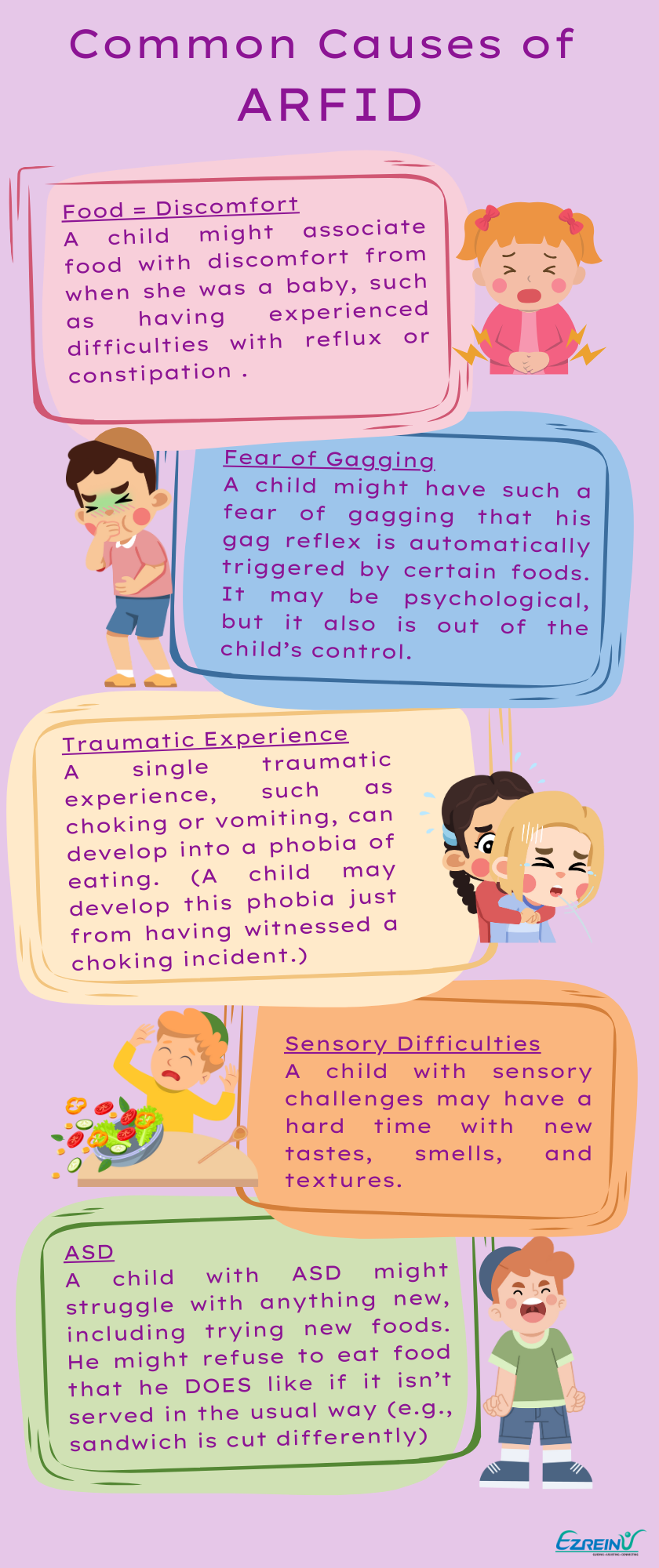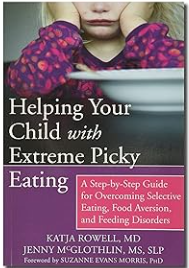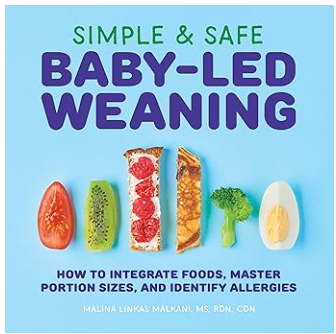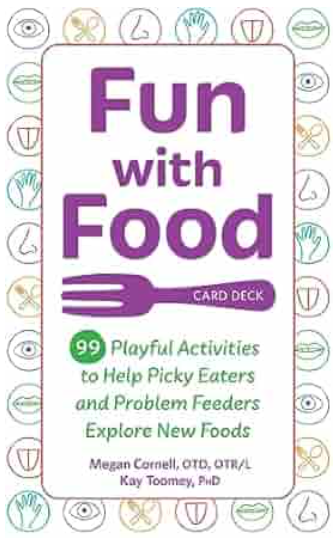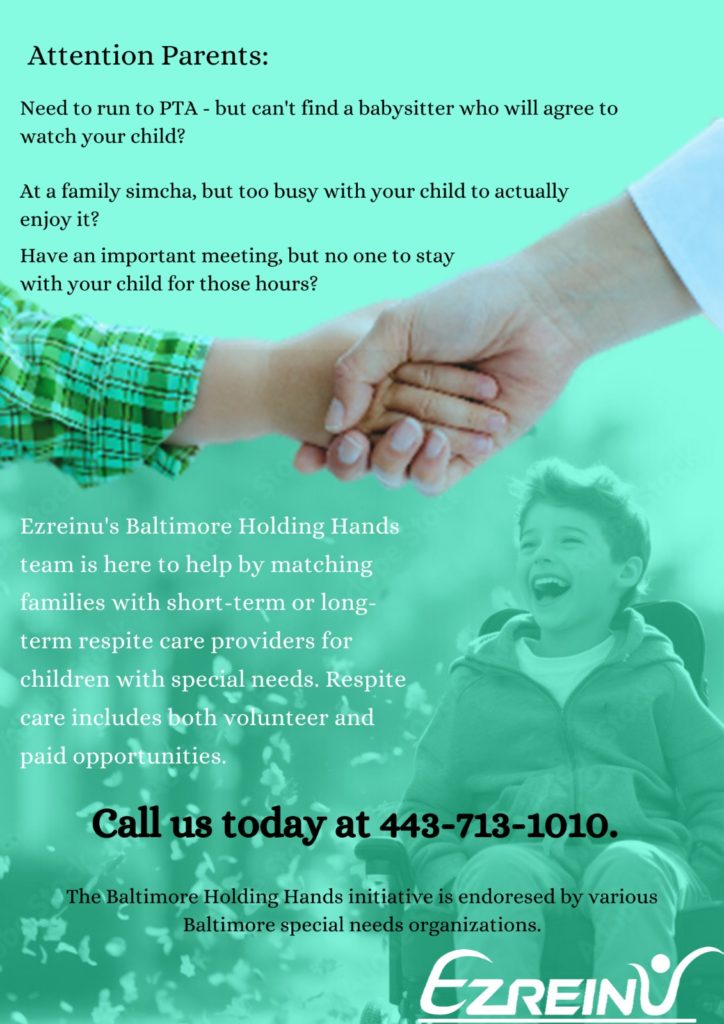
Most kids go through a “picky eater” stage at some point, usually during toddlerhood or the preschool years. For many, the phase is outgrown, while in some cases, parents look on in distress as the list of foods their child will agree to eat shrinks to a smaller and smaller number. Sometimes, it goes the other way – a child who was tube-fed when they were younger can have a very hard time adjusting to eating solids, and be fearful of trying anything new.
The natural stress and frustration that you feel as a parent is normal and understandable; a parent desires nothing more than to ensure that their family is healthy and nourished. Yet so often, our anxiety over our children’s feeding habits morphs into a pressure for our children to perform, which results in power struggles, tantrums, and tears.
When picky eating becomes something that seriously compromises the child’s well-being, it may be time to take a deeper look to see what’s going on.
You may have heard the term ARFID. ARFID is a more recent label for this condition, but serious picky eating is an old problem.
Before we begin, some questions:
What is ARFID?
ARFID, or Avoidant/Restrictive Food Intake Disorder, is an eating disorder (usually in children) which is exactly what it sounds like – extreme picky eating to the point that it requires treatment to be resolved.
What’s the difference between ARFID and normal “picky eating”?
It’s more a question of scale than difference. ARFID looks similar to picky eating, but it’s so intense that the child is either losing weight, missing essential nutrients, or unable to go about their daily lives.
What does ARFID look like?
Children with ARFID generally have a very limited list of “safe foods” which they will agree to eat. They are often anxious around food and refuse to touch, try, or swallow any new foods. Some children with ARFID gag whenever they try a new food. Because ARFID can be caused by so many different factors, it’s going to look different in different children.
Is ARFID similar to Anorexia?
Not really. While both individuals with Anorexia and those with ARFID can have extremely limited food intake, unlike people with Anorexia, children with ARFID are not anxious about their weight or body image.
Common Causes
ARFID is a very broad and general term for children whose development is affected by their refusal to eat. The causes of ARFID vary greatly and only the basics are covered here.
When trying to help a child with ARFID, it’s important to do a comprehensive assessment of the child’s history to get a clear picture of what is causing their behavior. While you can try and treat the symptoms, a more effective treatment plan will target the root of the problem.
Getting help
Dealing with ARFID can be very overwhelming for a parent. You don’t have to – and you shouldn’t – try to go it alone.
He isn’t gaining weight
She’s avoiding entire food groups and therefore not getting enough nutrients (even if she isn’t losing weight)
He’s failing to meet developmental feeding stages (for example, moving on from purees to solids)
Her picky eating is holding her back from living daily life (for example, she can’t go to preschool because she needs to be spoon-fed at lunchtime)
If any of the above apply, it’s time to talk to your pediatrician. Don’t be afraid to persist if the doctor waves away your concerns. If necessary, get a second opinion.
Many children with ARFID go to therapy. Sometimes they need CBT, sometimes Occupational Therapy, and often a combination of both is used to help the child. Each case is unique, so talk it over with your child’s doctor and make a plan.
Need a therapist for ARFID?
Call Ezreinu at 718-750-1010 for a referral.
The Do’s and the Don’ts
We’ve compiled a list of suggestions from the experts; these tips are great for any picky eaters, extreme or not.
If you suspect that your child has ARFID, these recommendations are good, but they are not enough. Reach out to a professional for personalized guidance.
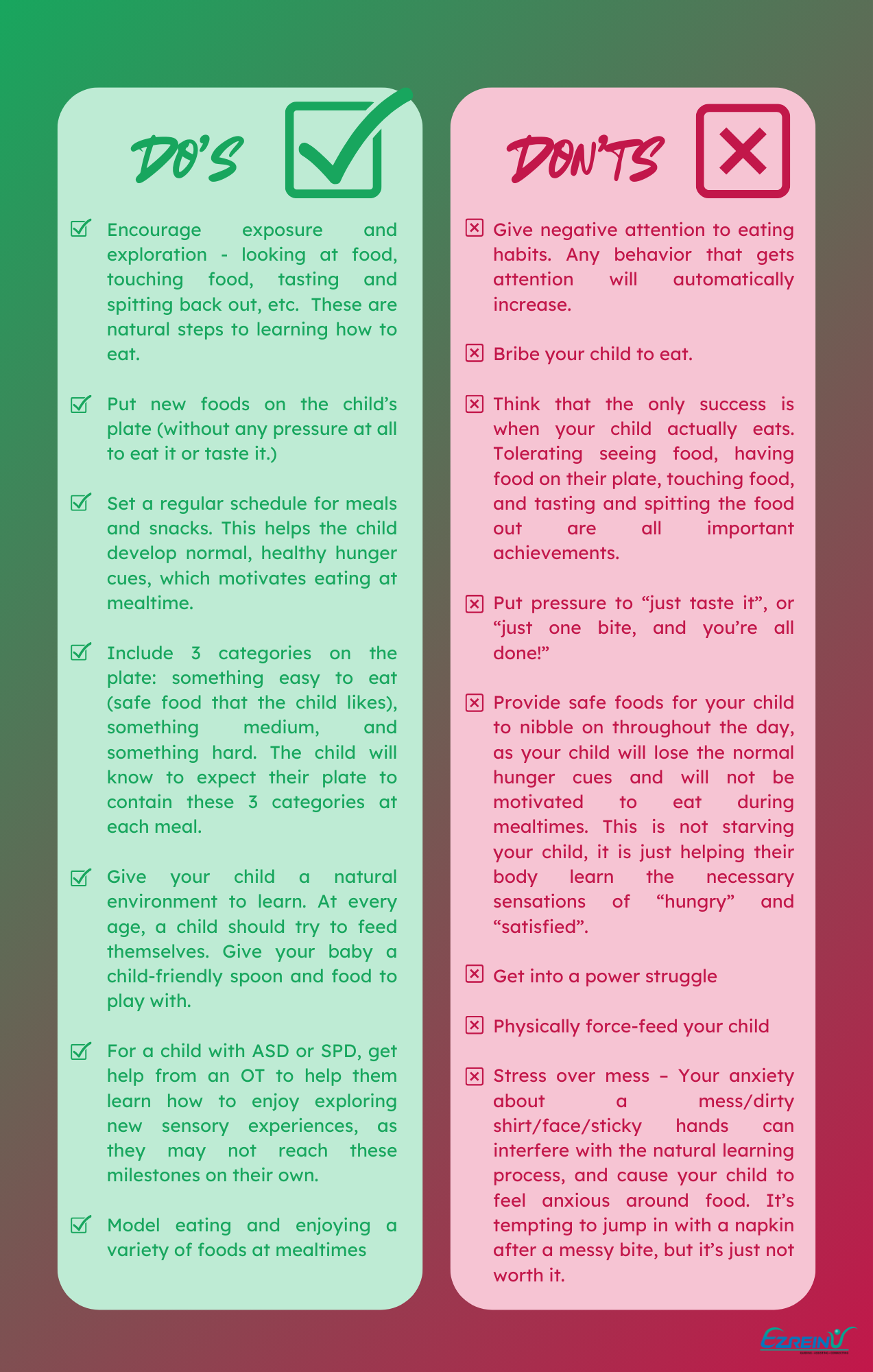
With much appreciation to Danielle Amster, OTR from Sensory Wellness and Dr. Shoshana Isenberg, Ph. D. from Pathways Evaluations for sharing their knowledge of ARFID with us.
Resources
Highly recommended read for parents of kids with ARFID, or just very tough picky eating 👇
Starting young: this book is a winner for starting your baby off on the right foot. Practical guidance for starting solids and giving your child the opportunity to learn how to eat a variety of foods on their own 👇
This card deck is full of cute games and activities to encourage your child to tolerate and interact with all different types of food 👇
New in Ezreinu
We’re looking forward to hosting a financial planning webinar with Eric Goldsmith and Stephen Ehrens of Northwestern Mutual!
Learn about Special Needs Trusts and ABLE accounts, estate planning considerations, and how to plan a financially secure future while ensuring that your child won’t lose out on government assistance.
The webinar will take place on Tuesday, January 14th, at 7:00 p.m.
RSVP:
rickyb@ezreinuservices.org
or call
718-750-1010

Mrs. Wasserman had a medical emergency and needed to rush to the hospital, but she didn’t know what to do with Chani, her 10-year-old daughter with special needs. The rest of the kids could go to a neighbor, but she couldn’t ask just anyone to care for Chani. Frantic, she called Ezreinu, and Chani was immediately placed with a loving family who would care for her overnight. ⬛
Gavi, a high-functioning, energetic teenager, desperately wanted to go to camp for the summer like his brothers. Unsure about sending Gavi away from home, his mother reached out to Ezreinu for recommendations. Ezreinu provided her with information about a summer program that would be an excellent fit for Gavi, and Gavi and his mother are looking forward to an amazing summer! ⬛
Shmili, a good-natured middle-aged man with special needs, lives at home with his doting parents. They enjoy seeing Shmili on a daily basis, but on Shabbos, Shmili doesn’t have a day program, so the burden of caring for him falls completely on his parents. Ezreinu provided Shmili’s family with information about several respite homes where Shmili can go for occasional Shabbosim, allowing his parents to have their menuchas Shabbos while keeping their son close to home. ⬛
Identifying details have been changed to protect client confidentiality.
Attention, Baltimore!
Holding Hands, Ezreinu’s short-term respite care division, has come to Baltimore!
When you have a simcha, an appointment, or an emergency, Holding Hands members are here to care for your child with special needs.
We are seeking devoted male and female volunteers to join our Baltimore Holding Hands team so that we can help as many families as possible!
Please help us spread the word by forwarding the flyers below to family and friends.

